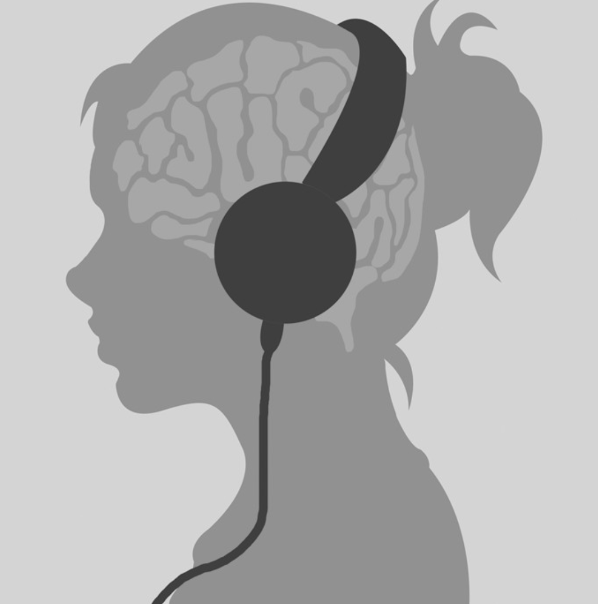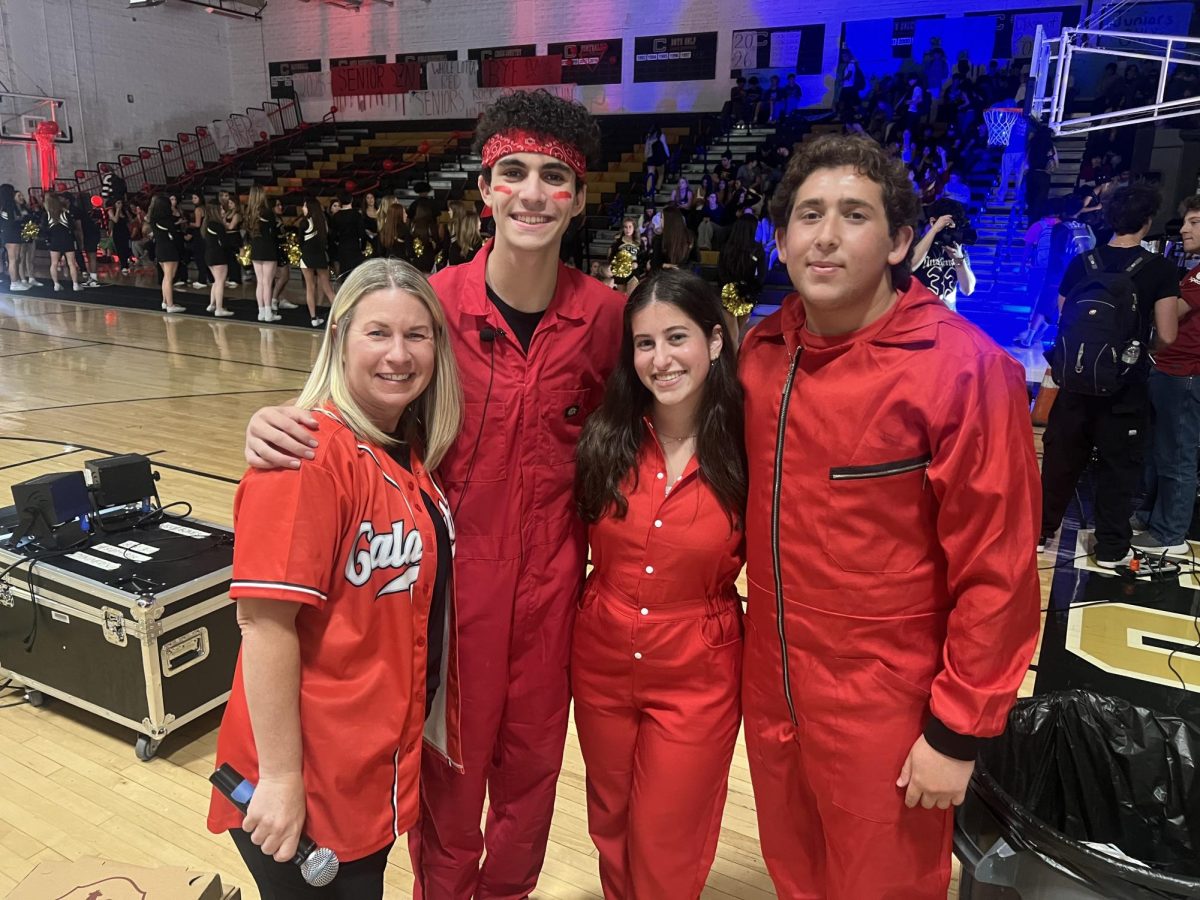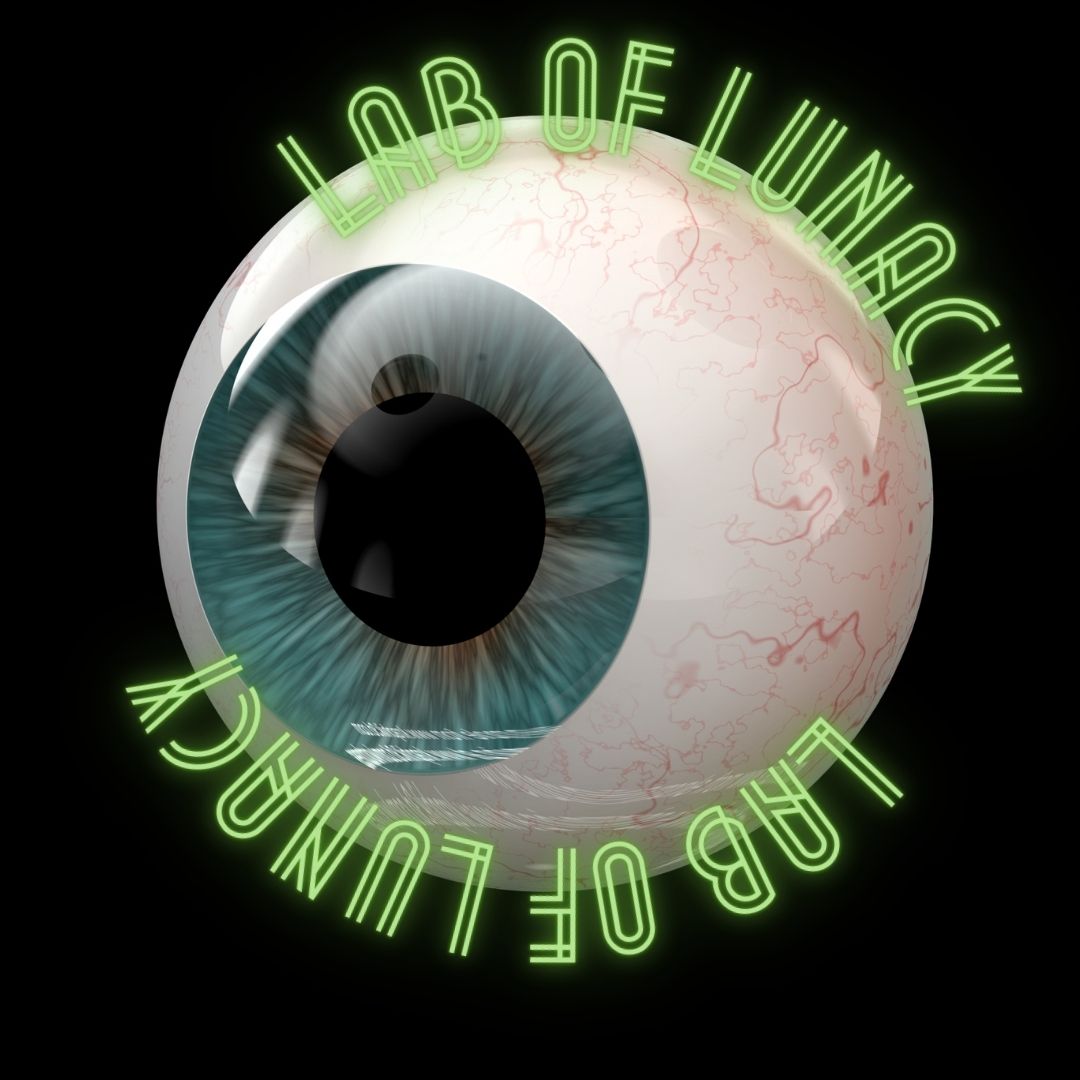Whether it’s the soothing beat of instrumental melodies or the upbeat tunes of pop, many students listen to music to enhance their studying experience. Listening to music has become a commonly used method for making study sessions more enjoyable.
It has been proven to help students remain in a positive mindset, stay concentrated, and reduce stress.
“Happy, upbeat music causes our brains to produce chemicals like dopamine and serotonin, which evokes feelings of joy,” explained Andrea Gray in Pplprs, a music license program.
According to PsyPost, a psychology and neuroscience-based news program, music can have an emotional impact due to chemicals that are released from the brain. Dopamine is a hormone and neurotransmitter that is responsible for influencing your mood and motivation. Sound exposure causes two parts of the brain, the dorsal and ventral striatum to facilitate the release of dopamine.
Depending on the type of music you listen to, this can be beneficial to students who are looking to become more engaged and persist in a positive mindset.
“Music has also enhanced attention and focus by increasing arousal and alertness and reducing distractions,” said Twelve-tone Music School, a music school located in Illinois.
Technology like headphones and earbuds allow students to focus in loud environments that offer various distractions. This increases concentration and stimulates productivity. Even in quiet places like a library, music is often used as a form of background noise to help students become more attentive.
“Listening to calm and soothing music can lower cortisol levels, the hormone associated with stress,” shared HarmonyandHealing, a healthcare music charity.
With the promotion of dopamine and the reduction of cortisol, music can cause improved mood and relaxation. Music can also be used to remind the listeners of happy memories and nostalgia reducing the amount of stress felt from their academics.
Some students believe that music is only helpful when studying specific subjects similar to Junior Kayden Ruby.
“I can’t listen to music when I’m doing math. I just think the numbers can’t compute when I have music playing,” said Ruby.
Freshman Neeka Assad explains music can bring up her mood.
“Music can 100% change my mood,” said Assad. “If I have a memory connected to a song it can bring all of it back!”
Some students, like Junior Jack Ward, like to listen to samba or slow jazz.
“It depends on my mood but most of the time I like listening to samba and slow jazz,” said Ward.
There are a variety of different genres that students at Calabasas choose to listen to. Most commonly is classical music but other genres include jazz, instrumental, pop, and even natural sounds.
Junior Lucas Berstein enjoys listening to baroque music during his studies.
“It makes the whole studying experience more amicable,” said Bernstein.















